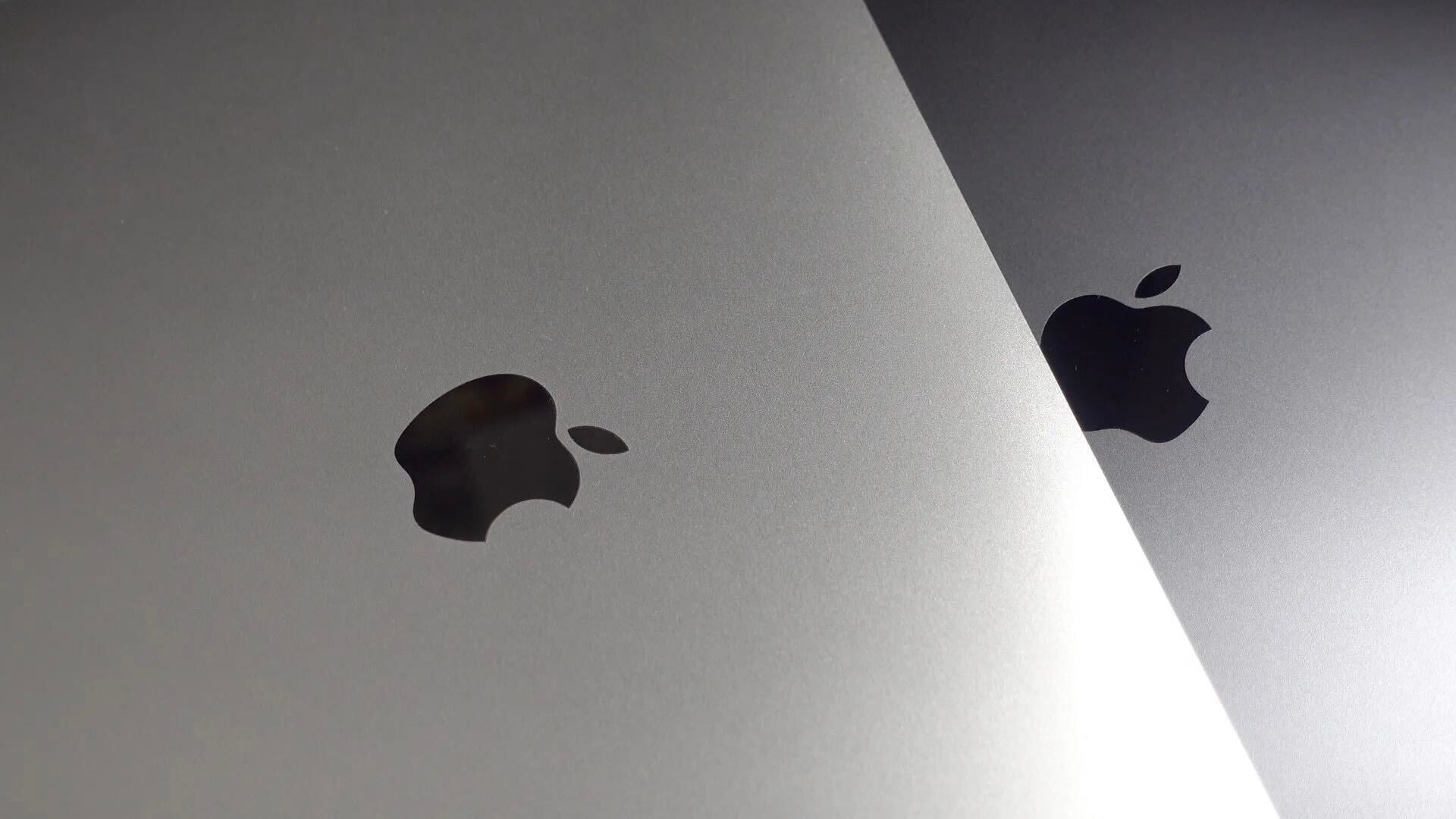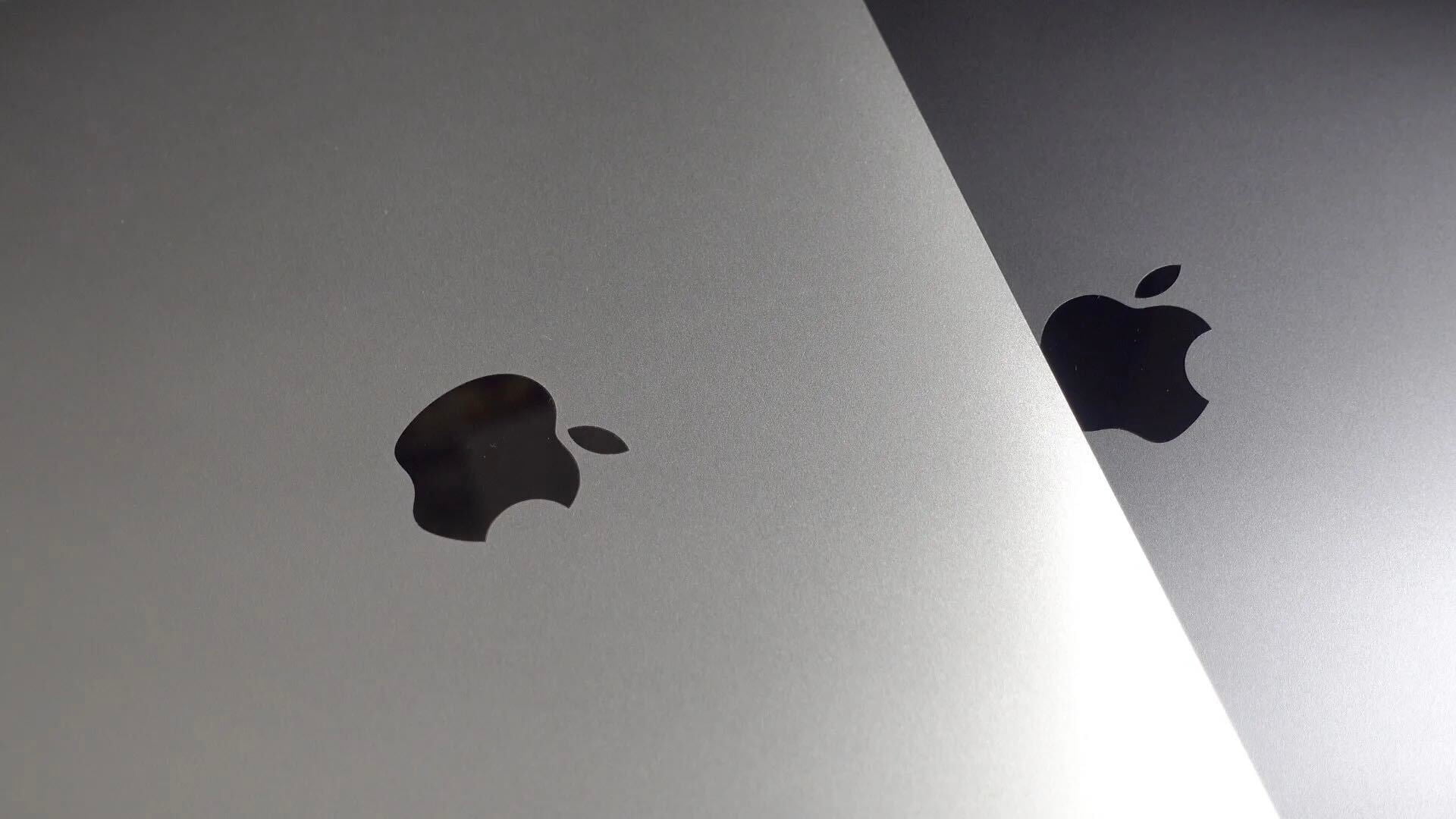
Apple officially announced the siblings to the iPhone 11 — the iPhone 11 Pro and the iPhone 11 Pro Max — as successors to iPhone XS and iPhone XS Max. The prices are the same as last year, $999 and $1,099. Preorders start Friday at 5 a.m. Pacific Time.
There’s a new midnight green color, a refreshed space gray and silver, and a new gold finish. Apple is also touting a wider dynamic range display called Super Retina XDR. And yes, it has a new triple camera system — a triangular array of lenses in a rectangular camera bump.
Apple has added an ultra-wide lens on both the iPhone 11 Pro and the iPhone 11, which is shown in the Camera app as a 0.5x button. Just zoom out to see more and take wider shots, from 0.5x to 2x. The ultra-wide has an f/2.4 aperture with a 120-degree field of view.
There are also upgrades to the telephoto and wide-angle lenses, including 100% Focus Pixels.
There is a new Night mode to take illuminated low-light photos similar to the Google Pixel Night Sight feature.
Apple is using computational photography to fuse photo data from all three lenses in order to improve image detail. A technology called ‘Deep Fusion’ combines nine images using a neural network analysis on every single pixel. Senior Vice President of Worldwide Marketing Phil Schiller described it as “computational photography mad science.”
They have also upgraded the front camera with a 12-megapixel sensor. The camera is also wider so you can now rotate to landscape on the selfie cam to fit more people into the frame. There is also slow-mo on the front camera for the first time.
Apple is also touting the iPhone 11 Pro’s video capabilities. Apple pairs the three cameras at the factory to improve color and exposure. You can now record 4K with extended dynamic range at 60 frames per second.
Apple demoed a new version of Filmic Pro that will let you shoot 4K from multiple cameras, and coordinate it on the phone.
iPhone 11 Pro includes Apple’s new A13 Bionic chip with faster CPU and GPU performance than iPhone XS and iPhone XR, making it the fastest smartphone on the market. The A13 chip includes new matrix multiplication features, ideal for machine learning tasks. Apple said it can perform over 1 trillion operations per second, and this makes the iPhone 11 Pro “the best machine-learning platform in any smartphone.”
Apple also boasted how it made the A13 Bionic chip the most efficient SoC to date, built on a new mm transistor fabrication process. This results in higher performance with lower power usage. Apple says you can now get up to four to five hours of longer battery life compared to iPhone XS. Apple is also including the 18W fast-charge adapter in the box.
Apple also touted increased durability and upgraded Face ID that works faster and from more angles.
FTC: We use income earning auto affiliate links. More.








Comments